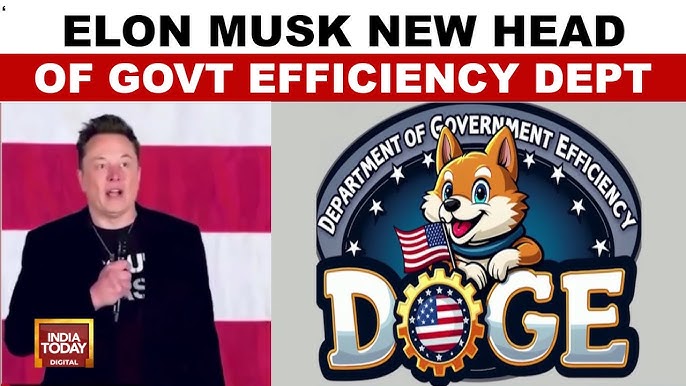Elon Musk’s $290 Million Investment in the 2024 Elections Revealed
Recent federal filings have revealed that Elon Musk, a prominent billionaire, invested over $290 million towards the 2024 elections, predominantly towards the campaign of President Donald Trump and the Republican party. His substantial investment has secured him unparalleled access within the new administration. These filings reflect the devolvement of political maneuvers as the new administration was preparing to assume control.
Trump’s former campaign committee experienced significant fundraising success in the last five weeks of the year, amassing almost $21 million. Meanwhile, a major associated super PAC was on the receiving end of several substantial contributions. The filings also underlined the strategic planning of the political parties and their prominent members for the 2026 midterm elections. Key political figures from swing states like Georgia, North Carolina, and New Hampshire have already begun stockpiling funds.
Following the Democrats’ losses in 2024, the Democratic National Committee (DNC) spent more than $56 million in the subsequent weeks. This expenditure went towards covering headquarters expenses, legal costs, and on soliciting feedback as well as fundraising from its voting base.
The most recent filings with the Federal Election Commission reveal that Musk invested about $11.2 million into his primary super PAC, America PAC, on the last day of the year. This contribution appears to be linked to multi-million-dollar giveaways that Musk coordinated through the super PAC. These promotions, aimed at fostering voter registration, faced legal challenges but were ultimately permitted to proceed.
America PAC’s latest disclosure shows that Elon Musk spend a total upwards of $50 million on these promotions. Musk’s financial contribution in 2024 was primarily focused on supporting President Donald Trump. Nevertheless, he also donated millions to a variety of other super PACs and outsider groups that backed a plethora of GOP candidates. Moreover, he also made direct donations to several state Republican Party committees, typically in the ballpark of $10,000.
Now, as a part of the Trump administration’s Department of Government Efficiency (DOGE), a new agency Musk helped inaugurate, he is expected to witness a significant return on his exceptional political investments. Musk has already begun reshaping the federal government and has suggested his super PAC’s active involvement in the 2026 midterms.
Political committees affiliated with President Trump secured millions of dollars in the final stretch of 2024. Trump’s 2024 campaign account was revamped into a leadership PAC post-election, a kind of committee that enables him to continuously raise and allocate funds for political endeavors. This committee reported close to $21 million in total earnings during the final five weeks of the year.
In essence, the reports indicate that significant funds continued to flow towards Trump and his allies even after his election victory. It solidified his political operation’s capability to influence Republican politics moving into the new administration.
Georgia, North Carolina, and New Hampshire, all hosts to senate incumbents seeking reelection in 2026, exhibited strategic financial positioning in the FEC’s year-end reports. Jon Ossoff, a Democratic Senator from Georgia, showed strong fundraising prowess at the year’s end, raising $2.2 million and reporting about $5 million in the bank at the year’s end.
Ossoff, looking forward to his second term, will likely face stiff competition in a state known for its fluctuating political leanings. In another swing state, North Carolina, Republican Sen. Thom Tillis displayed decent fundraising results, raising just over $900,000 during the reporting period with a cash reserve of about $2.2 million heading into 2025.
This funding is vital for Tillis’s political survival as he starts to gear up for potentially resisting a conservative primary challenge while maintaining his appeal to more centrist voters.
Lastly, in another battleground state, New Hampshire, Democratic Sen. Jeanne Shaheen reported about $170,000 in fundraising and approximately $1.5 million remaining in the bank at the year-end.
These latest funding reports provide a sense of the financial landscape as party committees begin to gear up for the next election cycle. The Republican National Committee reported about $14.6 million in fundraising, having spent around $19.3 million but entering 2025 with a comfortable $38 million in reserve.
In contrast, the DNC demonstrated stronger fundraising, at $31.5 million, but also had heavy expenditures, nearly $56.6 million, with a significant chunk going towards accounts related to headquarters costs, legal fees, staff wages, and connecting with the voter base. At the year’s end, the DNC reported it had about $22.1 million remaining in its coffers.
In conclusion, these filings offer an insight into the financial side of politics and underline the far-reaching influence of significant economic contributors like Musk, as well as the extensive financial planning and maneuvering completed by political parties and their associated committees.

